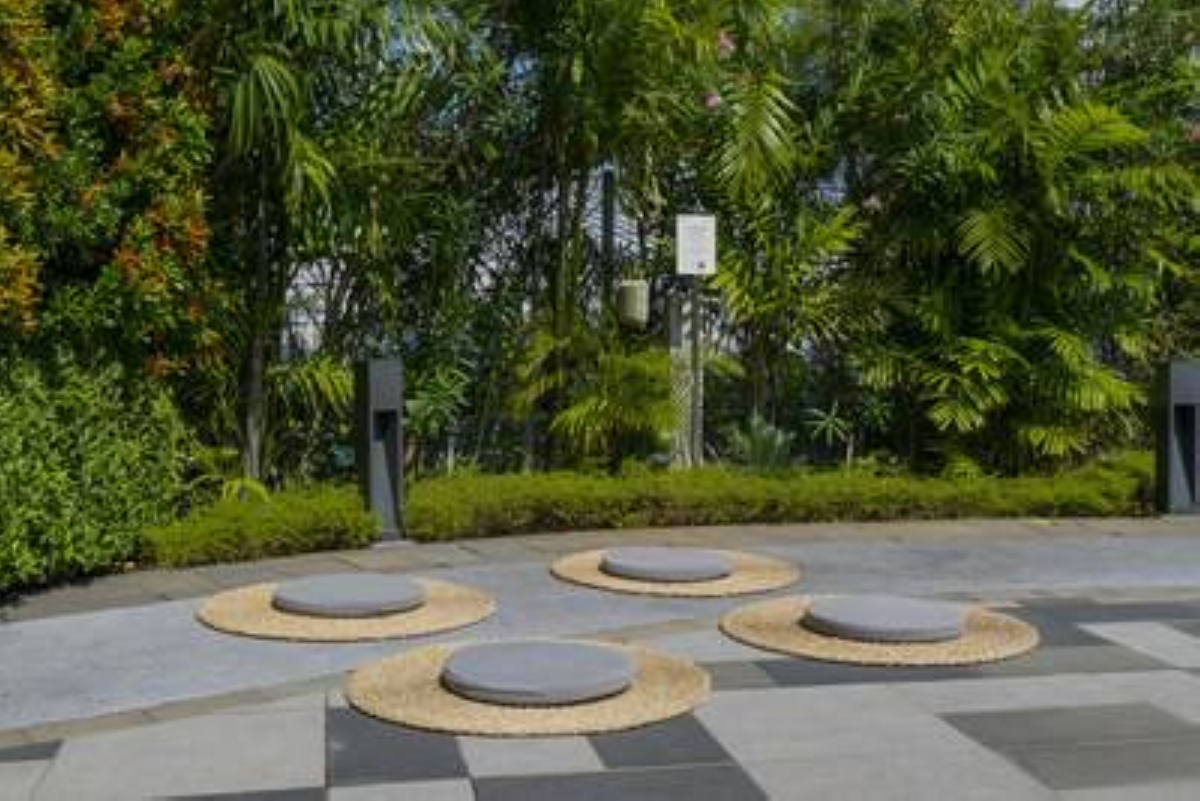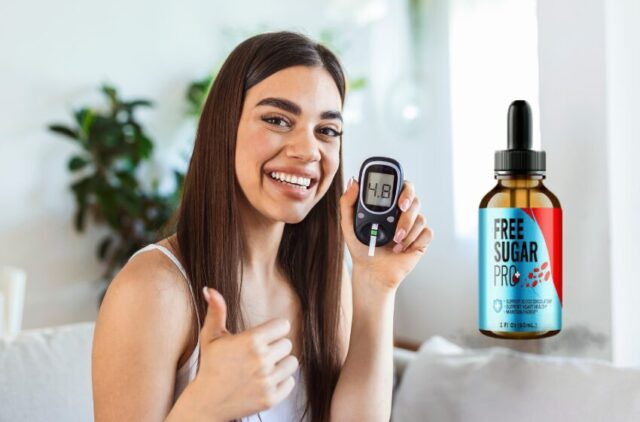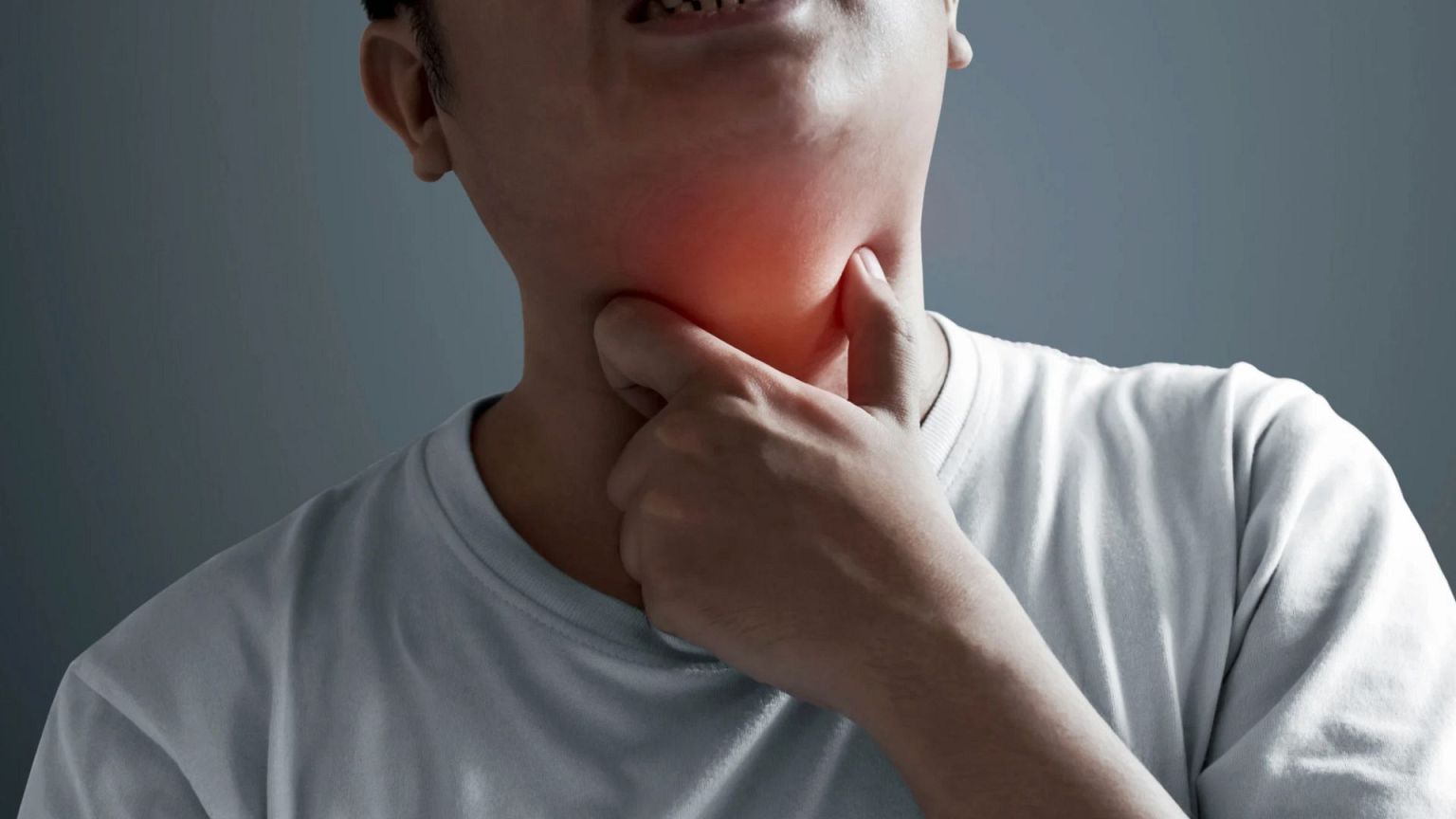Summary
The daily wellness app is designed to help participants track their mental health and moods throughout the day.
Source: essence.com

AI News Q&A (Free Content)
Q1: What are the main features of the Nebbi app launched by Nina Westbrook, and how is it designed to support emotional wellness?
A1: The Nebbi app, launched by Nina Westbrook, offers features such as daily emotional check-ins and personalized emotional support. It is designed with a human-first approach and rooted in cognitive behavioral therapy (CBT). The app aims to help users track their emotions, improve their mood, emotional quotient, personal habits, and overall well-being by providing science-backed, practical tools for real-life applications.
Q2: How does Nebbi differ from other meditation or therapy apps available in the market?
A2: Unlike traditional meditation or therapy apps, Nebbi focuses on the emotional 'grey zone' between self-help and professional therapy. It provides short, science-backed practices tailored to fit into users' daily lives without imposing lengthy routines. This makes it distinct as it offers practical emotional support to help users manage invisible emotional and mental loads.
Q3: What insights does the study on user emotions in app reviews provide about the importance of emotional sentiment in app development?
A3: The study on user emotions in app reviews highlights the value of understanding emotional sentiments as an informative feature for software development. It shows that analyzing user emotions can help developers refine app features and maintain positive user sentiment, which is critical in competitive app markets.
Q4: What were the findings of the study on the Unified Protocol's effectiveness as an emotional wellness tool?
A4: The study found that the Unified Protocol (UP) in a blended format, combining face-to-face sessions with the UP-App, was as effective as traditional treatment for emotional disorders. Although improvements were noted, high dropout rates and low adherence to the UP-App were challenges, suggesting a need for a modified implementation format for better engagement.
Q5: How does the concept of HappyRouting contribute to emotional wellness in navigation apps?
A5: HappyRouting is an innovative navigation interface that promotes emotional wellness by guiding drivers through routes designed to evoke positive emotions. The study showed that happy routes, although longer, increased perceived emotional well-being by 11%, providing an emotion-enhanced alternative to traditional fastest routes. This concept can be integrated into navigation apps to improve users' emotional experiences.
Q6: In what ways does Nina Westbrook's professional background influence the design and functionality of the Nebbi app?
A6: Nina Westbrook, a licensed marriage and family therapist, infuses her professional expertise into the Nebbi app by incorporating cognitive behavioral therapy (CBT) principles and a human-first approach. Her background ensures that the app provides emotionally intelligent and practical tools that cater to users' real-life needs, enhancing its effectiveness as an emotional wellness tool.
Q7: What challenges and potential enhancements were identified in the study of the UP-App for emotional wellness?
A7: The study identified challenges such as high dropout rates and low adherence to the UP-App, suggesting a need for greater therapist involvement and updated app functionalities. These enhancements could improve user engagement and effectiveness, making the UP-App a more viable emotional wellness tool in future implementations.
References:
- Acceptability and preliminary effectiveness of the Unified Protocol in blended format in the Spanish public mental health system: Results from a Pilot Randomized Controlled Trial
- On the Emotion of Users in App Reviews
- Release early, release often, and watch your users' emotions
- HappyRouting: Learning Emotion-Aware Route Trajectories for Scalable In-The-Wild Navigation




